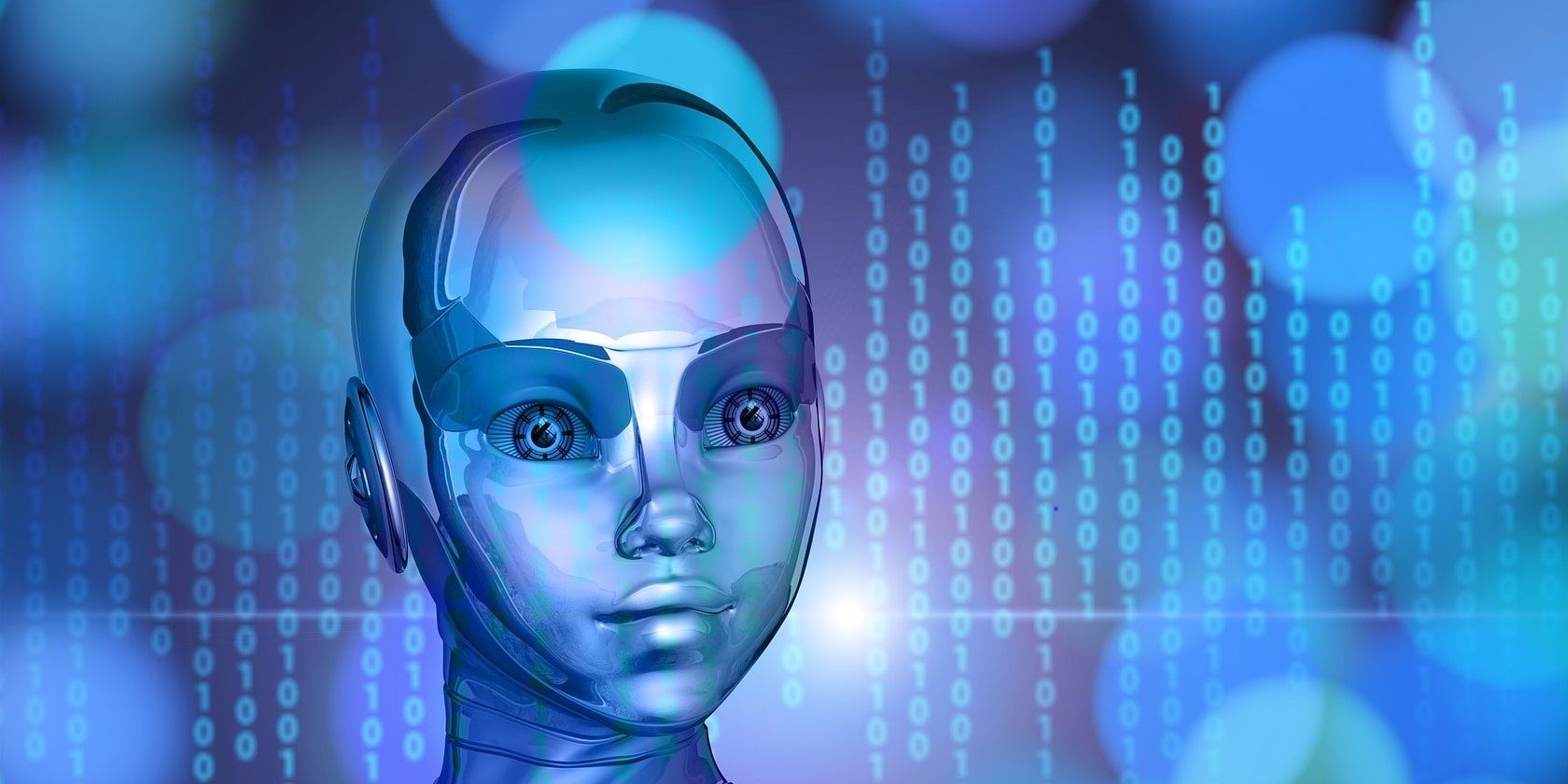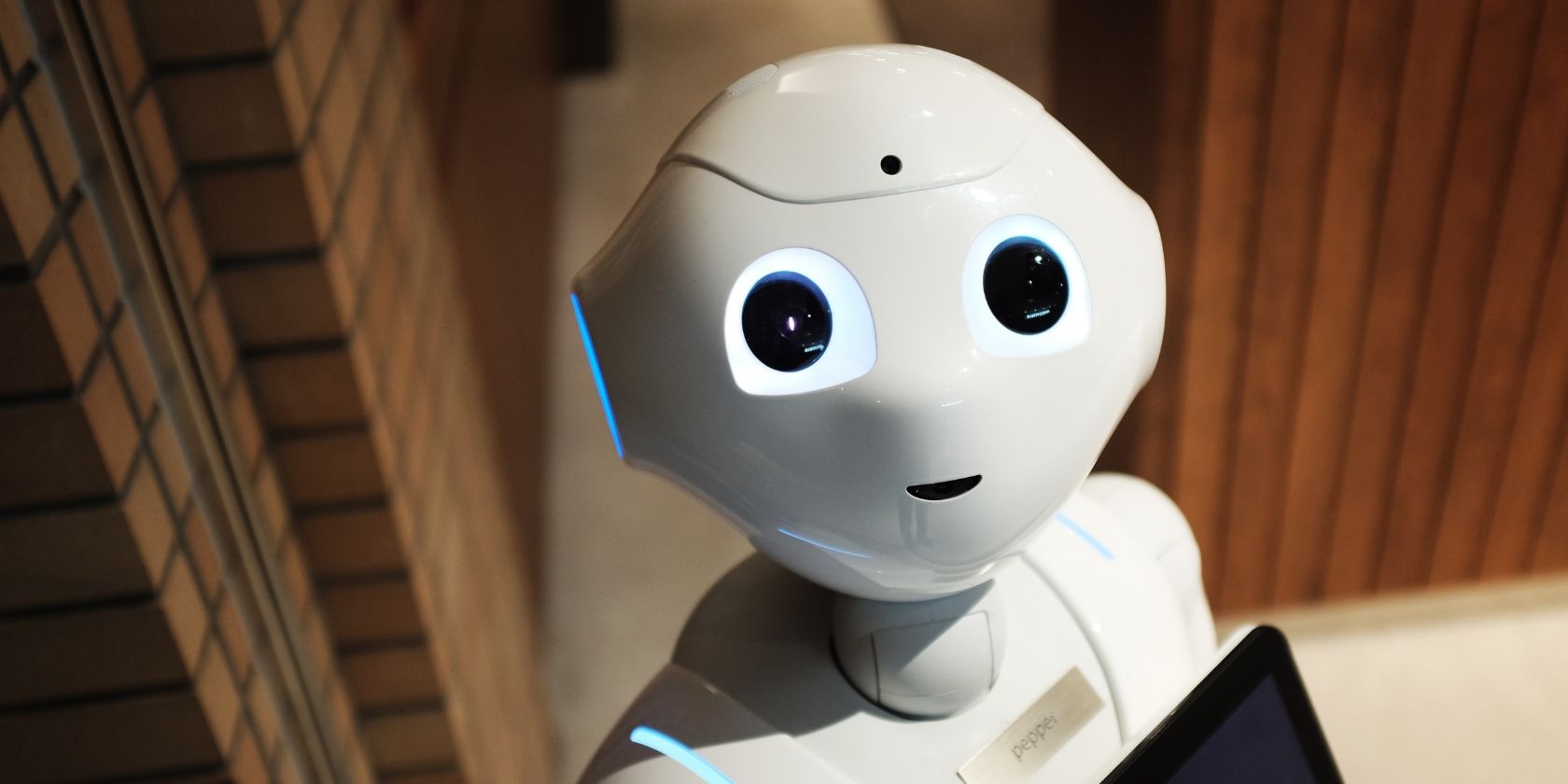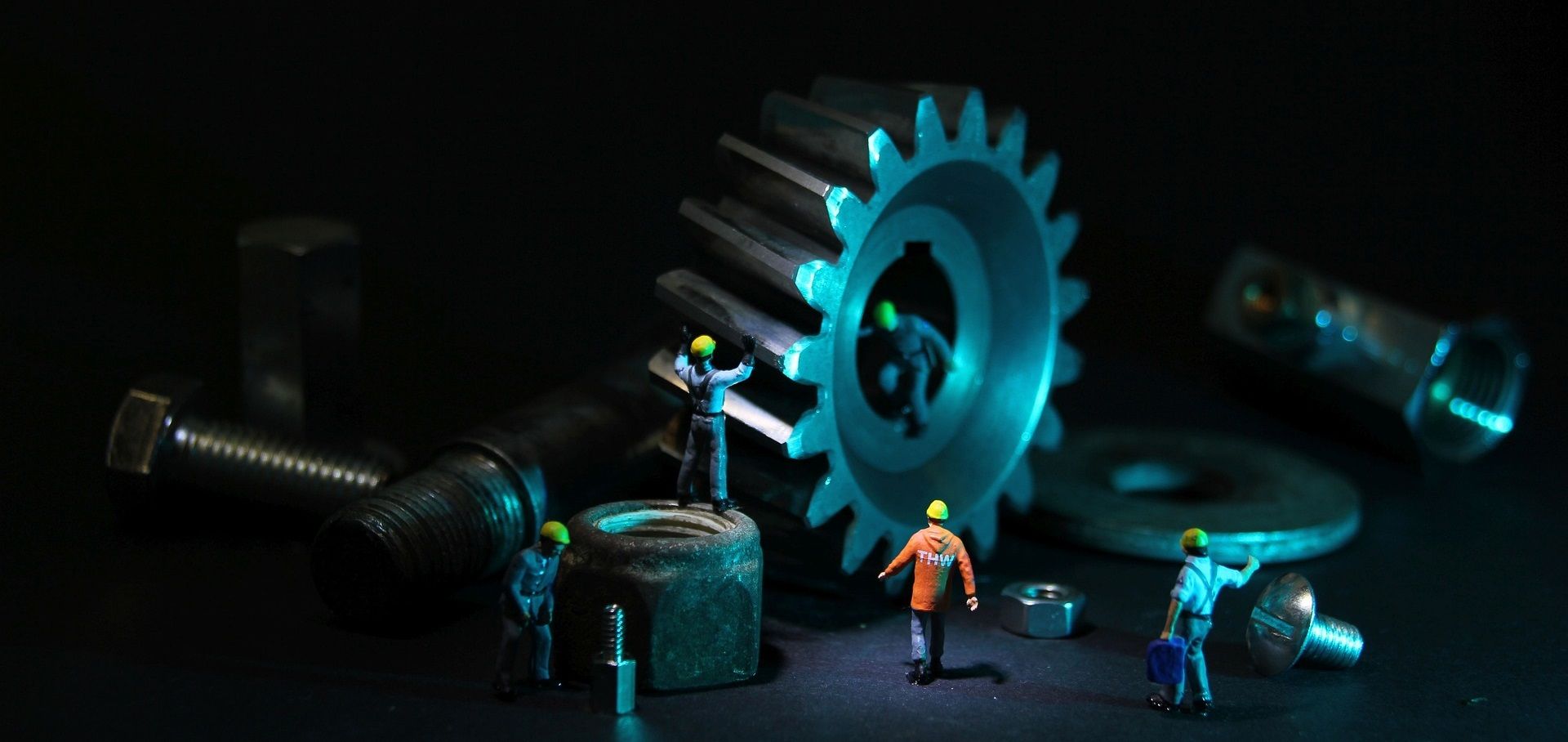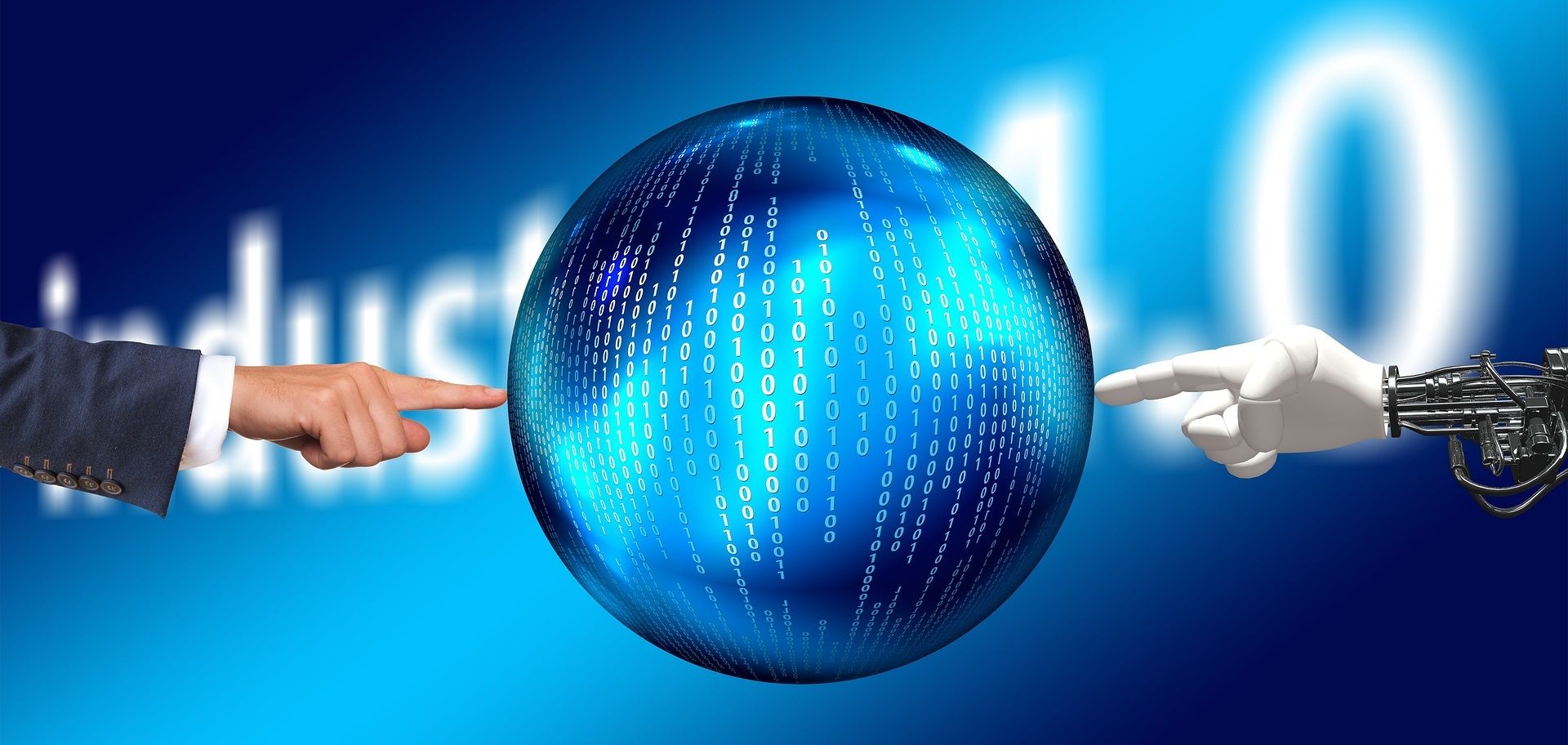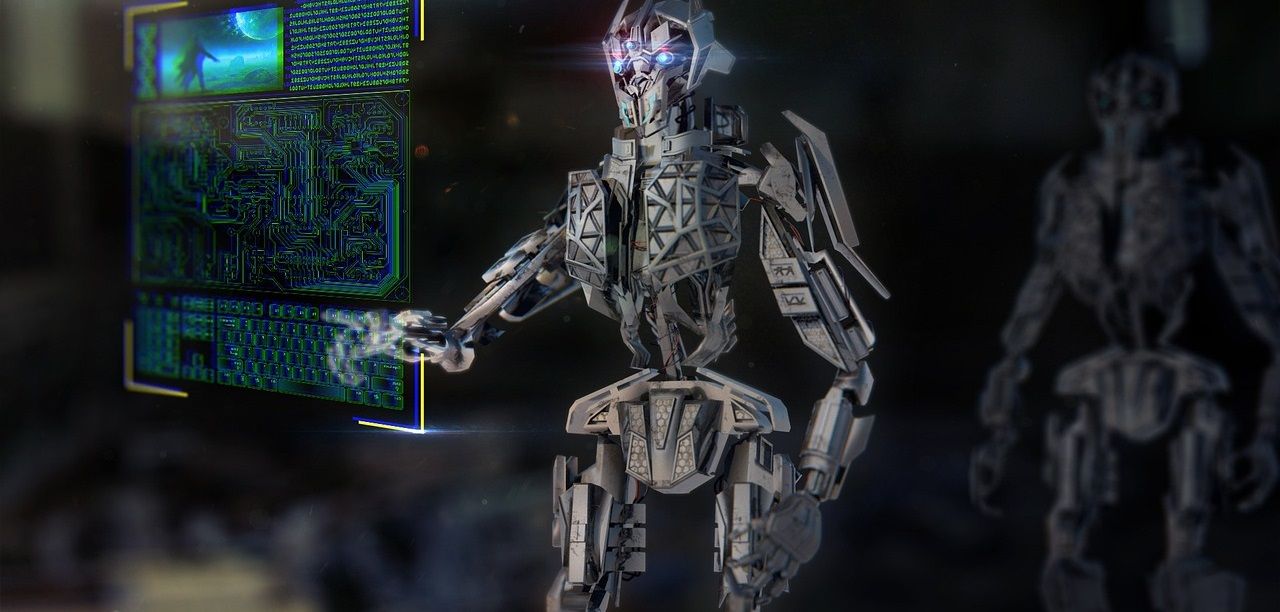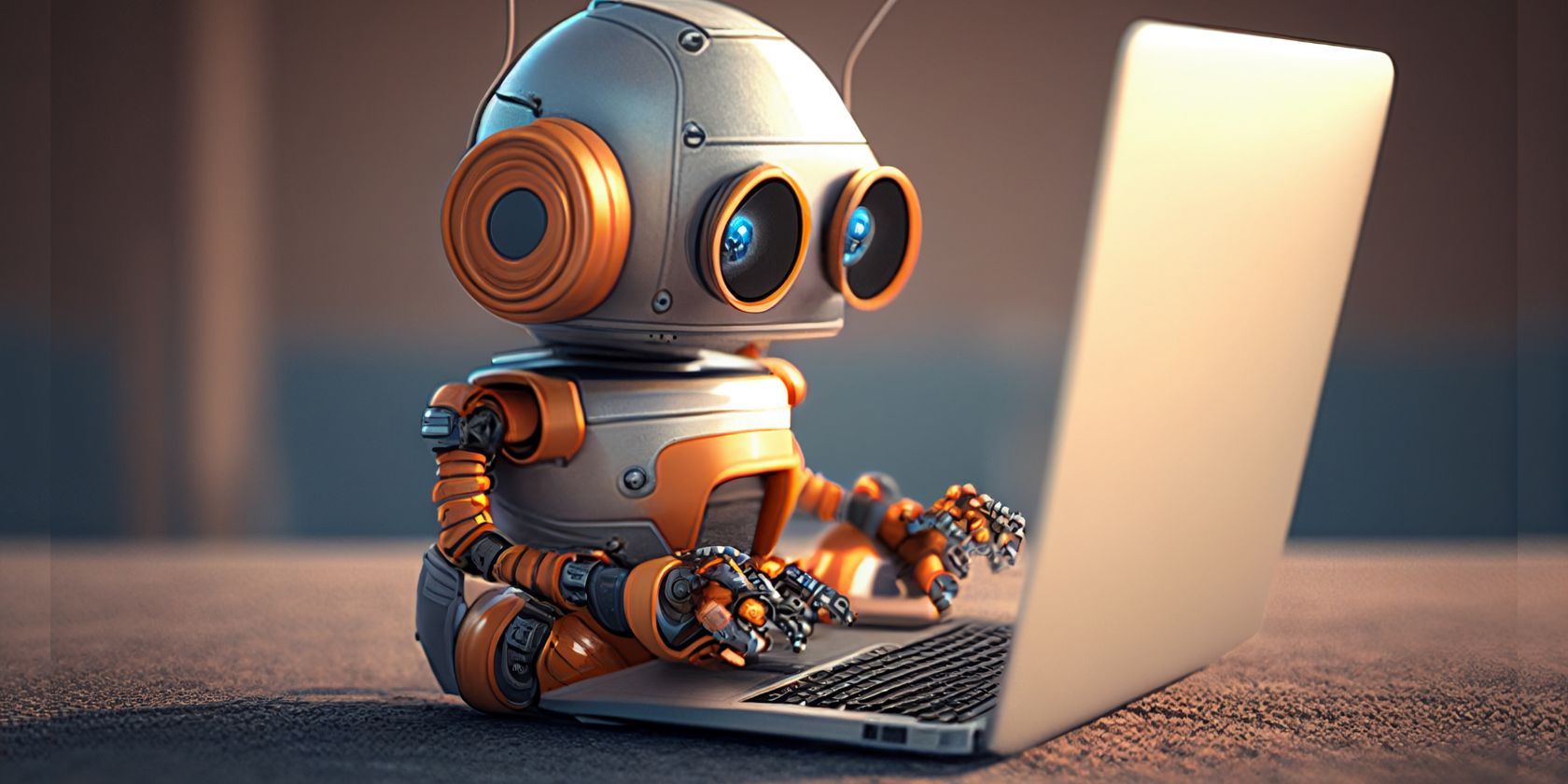There's been so much hype around artificial intelligence lately, especially with the release of AI tools like ChatGPT, MidJourney, Chatsonic, and Google Bard, among many others.
We've witnessed AI's intuitive ability to learn and self-improve—all for our productivity. People's reservations and fear of its potential negative impact keep growing as it evolves, leading to misconceptions that need to be set right.
Regardless of how you feel about AI, it's here to stay, and we'll likely rely on it more and more as time goes on. Let's take a look at some myths you should stop believing.
A Brief Look Into the Influence of Artificial Intelligence
Artificial intelligence (AI) simply imitates human intelligence in machines. One of its goals is to raise cognitive reasoning in computers—with more accuracy and lesser bias.
AI has been influencing our daily lives for a long time. For example, it played a significant role in Google/NASA's discovery of a Kepler-90i planet in 2017, as released on NASA's website. This was the debut role of AI in astronomy that brought its great potential in space into more limelight.
Artificial intelligence products are evident in smartphones, computers, and IoT devices. You've probably witnessed its modern use cases in deep fake videos, image generation, and intuitive AI chatbots.
In addition to its influence on businesses and human tasks, AI cuts across medicine, astronomy, agriculture, and the software industry.
However, misconceptions about AI have raised concerns over time. Futurists and technologists strongly believe that the influence of artificial intelligence is limitless.
Let's take a critical look at some of these myths and dig up their truths and lies.
1. Machines Will Eliminate Human Inputs in the Workplace
A 2019 workplace statistic by CNBC/SurveyMonkey reported that 60 percent of the US workforce worries that AI will replace them at work. Although there are many reasons tech companies are cutting jobs, the advent of AI isn't one of them.
This controversial myth holds that machines will eventually eliminate human inputs in the workplace. But while an AI-influenced workplace disruption is ongoing, and some skills and jobs are already declining due to its influence, AI's advent is also responsible for emerging in-demand jobs and skills.
The World Economic Forum predicts that "a shift in the division of labor between humans and machines" could displace about 85 million jobs globally by 2025. The same statistic forecasted that AI could create 97 million new roles across several industries.
With that said, it's understandable that humans need to upskill to fill the emerging in-demand skill gaps created by AI.
Statistics from Zippia also reveal that automation has accounted for approximately 260,000 job losses in the US since 2000. Most of these are manufacturing jobs that can put humans at risk of workplace hazards. Hence, such a replacement was only helpful rather than harmful. It's unlikely for machines to replace an employee who can control them.
For instance, ChatGPT has many practical use cases in programming. Although ChatGPT may write code successfully, only a skillful software engineer knows what type of prompt will improve ChatGPT's responses to get the desired output.
Despite Amazon's over 500,000 roaming warehouse robots, Macrotrends reports that its human power hiring rate jumped to 23 percent between 2020 and 2021. This only declined by 4.17 percent in 2022 due to layoffs, which its CEO, Andy Jassy, attributed to economic hardship (not the use of AI).
AI isn't a threat to your job per se. They only help improve workers' productivity by shredding the volume of tasks employees need to carry out.
Overall, you have a lower risk of losing your job to AI if you upskill. While creating new roles and eliminating some, AI will augment existing ones. Besides, AI can't outmatch the emotional intelligence humans put into work—no matter how hard it tries.
2. Artificial Intelligence Will Take Over the World
We must take care to deal with this myth logically. While some notable AI experts have warned about the impending dangers of AI, how well do we understand their points of view?
The idea of creating machines that are more intelligent than humans is controversial. The likes of Stephen Hawking and Nick Bilton believe that AI could get out of human control in the future. This has raised the fear of an impending robot apocalypse, as depicted in many sci-fi movies.
As a counter-argument, Elon Musk (the CEO of Tesla) makes a more logical statement about regulations, checks, and balances. He's compared AI to a demon we might lose control of if we do something foolish.
Recently, Elon Musk also called for a pause on AI development, along with many others, including Apple co-founder Steve Wozniak. They cited that even AI developers might lose control of it. But that depends on how far we go to make something we can't control.
Although efficiency and accuracy are AI's strengths, it's still glaring that AI can never attain a person's level of intuition and emotion. So their mystical coup, which isn't logical, depends on what we make of them.
A more solid argument would be that artificial intelligence could fail us. Indeed, there's been evidence of the failure of artificial intelligence in medicine. An example is IBM's WATSON cancer treatment system which failed due to poor training, according to Becker's Health IT Hospital Reviews.
Another example is a New York Times report detailing the death of a pedestrian hit by an autopilot Uber vehicle. That's a consequence of the lack of human input in AI's self-control.
3. Artificial Intelligence Will Self-Evolve and Become Superhuman
The 2014 movie, The Machine, features a female robot character that went berserk after attaining emotional intelligence. Sci-fi movies like this tend to shape people's views about the future of AI. But establishing our beliefs on mere imaginations is impractical.
It's clear that artificial intelligence now influences decision-making processes in business intelligence, astronomy, medicine, and pharmacy. But the fact remains that no matter how well you train a machine, it's only limited to available data and can't think for itself.
Self-thought is a limitation that will take ages for AI to override. It will probably never happen. Most processes that use artificial intelligence will always depend on a final verdict of people to decide.
Therefore, thinking of the potential of artificial intelligence as overruling us is somewhat ridiculous. It makes more sense to portray AI as modern servants that carry out more daunting tasks more accurately and efficiently than we can. Not more intelligently than us.
4. Artificial Intelligence and Machine Learning Are Synonymous
Artificial intelligence and machine learning are sometimes wrongly equated. These terms are not the same, though they are interrelated.
The origin of artificial intelligence and machine learning goes as far back as the 1950s. IBM's Arthur Samuel coined the term "machine learning" in 1952—after he successfully developed a checkers-playing computer program that mastered all previous positions.
However, the need to develop machines with artificial brains came into the limelight in the late 1940s. And because it was necessary to have a broader term for everything a machine does, including learning, artificial intelligence became a discipline in 1956.
As a result, using both terms synonymously isn't quite correct. Machine learning is a process whereby a machine learns to execute a specific task efficiently based on patterns in the information it has seen before.
On the other hand, artificial intelligence involves all processes, including machine learning, that mimics human intelligence.
5. Robots Are the Only Products of Artificial Intelligence
It's normal for robots to come to mind each time the word artificial intelligence resonates. But artificial intelligence applies to all spheres of technology. So if robots were the only products of AI, they would appear everywhere.
Beyond the concept of robotics, artificial intelligence offers more complex creations. The facial and fingerprint recognition system of smartphones, smart homes, healthcare equipment, and business intelligence, among others, are all artificial intelligence.
Robotics is only one aspect of automation that may depend on AI. In some cases, we can separate both terms.
In essence, robots don't necessarily have to be products of AI. Sometimes, they might just be a combination of mechanical and electrical components. Artificial intelligence can only influence how these robots behave when it's applied. But a bot can still exist independent of artificial intelligence.
Be Informed: Take Advantage of Artificial Intelligence
AI's goal is to help humans complete tasks quicker and more efficiently. But some controversies about it portray it as a threat rather than a solution. Hopefully, you're in a better position to understand the truth behind AI after reading up on these myths.
Don't forget that what you believe is also a factor in how you choose to use or think about AI.

